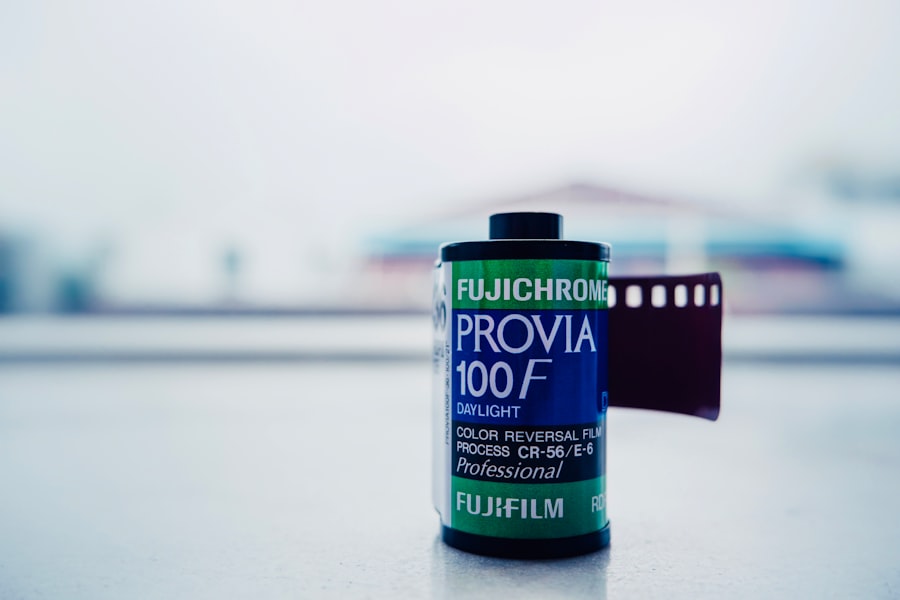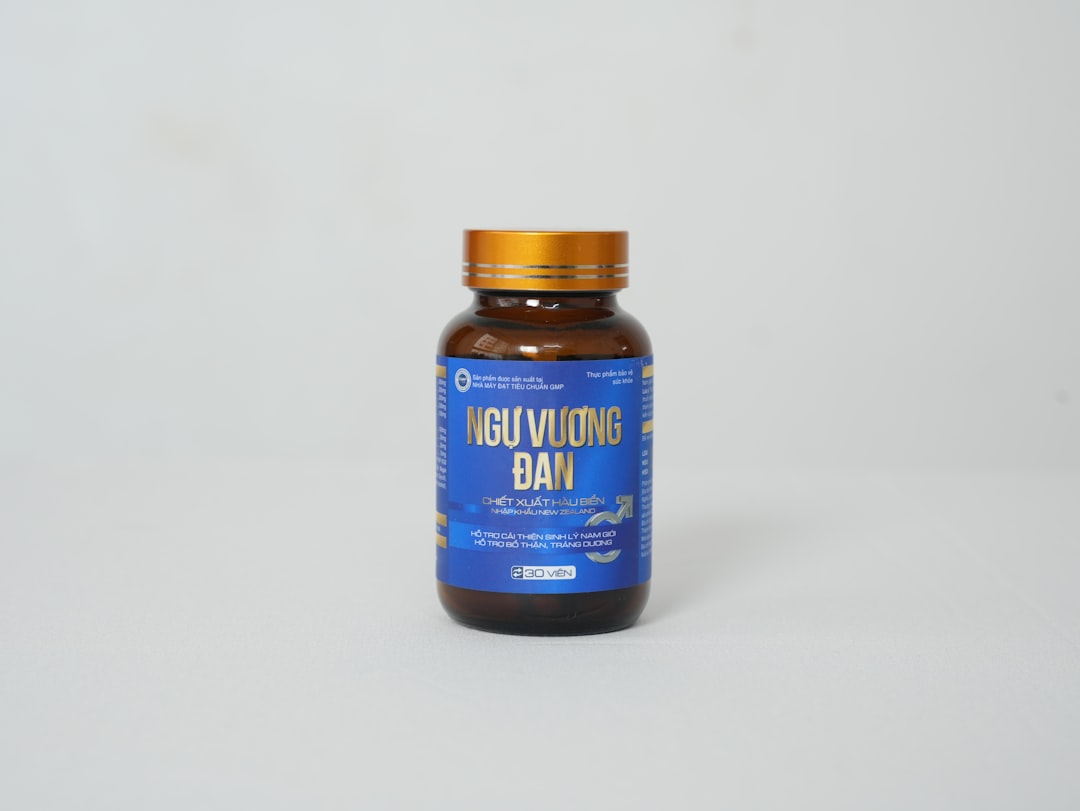Curcumin, the vibrant yellow compound found in turmeric, has gained significant attention in recent years for its potential health benefits. As you delve into the world of natural supplements, you may find yourself intrigued by curcumin’s rich history and its role in traditional medicine. This powerful polyphenol is not just a culinary spice; it has been revered for centuries in Ayurvedic and Chinese medicine for its anti-inflammatory and antioxidant properties.
Understanding curcumin’s origins and its multifaceted benefits can empower you to make informed decisions about incorporating it into your wellness routine. As you explore curcumin, it’s essential to recognize that its bioactive properties extend beyond mere flavor enhancement in your dishes. Research has shown that curcumin may play a role in supporting various bodily functions, from immune health to cognitive function.
However, the journey to harnessing its full potential involves understanding how to effectively consume it. This article will guide you through the myriad benefits of curcumin supplements, factors affecting their absorption, and the best practices for timing your intake to maximize their efficacy.
Key Takeaways
- Curcumin is a natural compound found in turmeric that has been used for centuries in traditional medicine for its anti-inflammatory and antioxidant properties.
- Benefits of curcumin supplements include reducing inflammation, improving joint health, supporting heart health, and aiding in digestion.
- Factors affecting the absorption of curcumin include its poor solubility, rapid metabolism, and quick elimination from the body.
- The best time to take curcumin supplements is with a meal that contains healthy fats to enhance absorption.
- To maximize absorption, take curcumin supplements with black pepper or piperine, which can increase bioavailability by up to 2,000%.
Benefits of Curcumin Supplement
When considering the benefits of curcumin supplements, you may be surprised by the breadth of research supporting their use. One of the most notable advantages is curcumin’s potent anti-inflammatory properties. Chronic inflammation is linked to numerous health issues, including heart disease, diabetes, and even certain cancers.
By incorporating curcumin into your daily regimen, you may help mitigate these risks and promote overall well-being. Studies have indicated that curcumin can inhibit inflammatory pathways in the body, making it a valuable ally in your quest for better health. In addition to its anti-inflammatory effects, curcumin is also celebrated for its antioxidant capabilities.
Antioxidants are crucial for neutralizing free radicals—unstable molecules that can cause cellular damage and contribute to aging and disease. By taking curcumin supplements, you may enhance your body’s ability to combat oxidative stress, thereby supporting your immune system and promoting longevity. Furthermore, emerging research suggests that curcumin may have neuroprotective effects, potentially benefiting cognitive function and reducing the risk of neurodegenerative diseases like Alzheimer’s.
This makes curcumin not only a supplement for physical health but also a potential supporter of mental clarity and focus.
Factors Affecting Absorption of Curcumin

While the benefits of curcumin are compelling, it’s important to understand that its absorption in the body can be quite limited. Curcumin is known for its poor bioavailability, meaning that only a small percentage of what you consume is actually absorbed into your bloodstream. Several factors can influence how well your body absorbs this powerful compound.
One significant factor is the presence of fats in your diet.
Incorporating sources like olive oil or avocado when taking curcumin can optimize its effectiveness.
Another critical aspect to consider is the form of curcumin you choose to take. Many supplements on the market contain additional ingredients designed to improve absorption. For instance, formulations that include piperine—a compound found in black pepper—can increase curcumin’s bioavailability by up to 2000%.
As you navigate your options, look for supplements that combine curcumin with piperine or other absorption-enhancing compounds to ensure you’re getting the most out of your investment.
Best Time to Take Curcumin Supplement
| Factors | Best Time |
|---|---|
| With Food | With a meal that contains healthy fats |
| Without Food | 1 hour before or 2 hours after a meal |
| Before Exercise | 30 minutes before workout |
| Before Bed | 1 hour before bedtime |
Determining the best time to take your curcumin supplement can significantly impact its effectiveness. While there is no one-size-fits-all answer, many experts suggest taking curcumin with meals to enhance absorption. When you consume food, especially those containing healthy fats, it creates an optimal environment for curcumin to be absorbed more efficiently.
This means that incorporating your supplement into breakfast or lunch could be beneficial. Additionally, consider your daily routine and how curcumin fits into it. If you’re looking to support your energy levels throughout the day or manage inflammation from exercise, taking curcumin earlier in the day might be advantageous.
On the other hand, if you’re seeking its calming effects or support for sleep quality, you might find it beneficial to take it in the evening. Tailoring your intake based on your lifestyle and health goals can help you maximize the benefits of this remarkable supplement.
Timing for Maximum Absorption
To achieve maximum absorption of curcumin, timing is crucial. As mentioned earlier, taking curcumin with meals is generally recommended; however, there are specific strategies you can employ to further enhance its bioavailability. For instance, consuming curcumin alongside foods rich in healthy fats—such as nuts, seeds, or fatty fish—can create a synergistic effect that promotes better absorption.
This is particularly important if you’re taking a standard curcumin supplement without added absorption enhancers. Moreover, consider the timing of your meals in relation to your supplement intake. If you plan to take curcumin with breakfast or lunch, aim for a meal that includes a variety of nutrients and healthy fats.
This not only aids in absorption but also ensures that you’re providing your body with a well-rounded source of energy and nutrients throughout the day. By being mindful of when and how you consume curcumin, you can optimize its benefits and support your overall health more effectively.
Curcumin Supplement and Food Interactions

As you incorporate curcumin supplements into your diet, it’s essential to be aware of potential food interactions that could affect their efficacy. Certain foods may either enhance or inhibit the absorption of curcumin, so understanding these interactions can help you make informed choices. For example, consuming curcumin with black pepper is highly recommended due to piperine’s ability to increase its bioavailability significantly.
This simple addition can make a substantial difference in how well your body utilizes this powerful compound. On the flip side, some foods may hinder curcumin’s absorption. For instance, high-fiber foods can sometimes bind with curcumin and reduce its bioavailability.
While fiber is an essential part of a healthy diet, if you’re specifically looking to maximize the benefits of your curcumin supplement, consider timing your intake away from high-fiber meals. By being mindful of these interactions and adjusting your diet accordingly, you can create an environment that supports optimal absorption and effectiveness.
Curcumin Supplement and Medication Interactions
As with any supplement, it’s crucial to consider potential interactions between curcumin and medications you may be taking. Curcumin has been shown to affect certain drug metabolism pathways in the liver, which could alter how effectively some medications work in your body. For instance, if you’re on blood thinners or medications for diabetes, it’s essential to consult with a healthcare professional before adding curcumin supplements to your routine.
Additionally, if you’re taking medications that are metabolized by cytochrome P450 enzymes—common in many prescription drugs—curcumin may influence their effectiveness by either enhancing or inhibiting their metabolism. Being proactive about discussing these interactions with your healthcare provider can help ensure that you’re using curcumin safely and effectively while minimizing any potential risks.
Curcumin Supplement and Exercise Timing
If you’re an active individual or someone who engages in regular exercise, timing your curcumin supplement around your workouts can be beneficial. Many athletes and fitness enthusiasts turn to curcumin for its anti-inflammatory properties, which may help reduce muscle soreness and support recovery after intense workouts. Taking curcumin before or after exercise could potentially enhance its effects on inflammation and recovery.
For pre-workout supplementation, consider taking curcumin about 30 minutes before exercising alongside a meal rich in healthy fats. This timing allows your body to absorb the compound effectively while providing energy for your workout. Alternatively, if you’re focusing on post-exercise recovery, taking curcumin after your workout can help combat inflammation and support muscle repair as part of your recovery routine.
Curcumin Supplement and Sleep Timing
Curcumin’s potential benefits extend beyond physical health; it may also play a role in promoting better sleep quality. If you’re struggling with sleep issues or looking to enhance your nighttime routine, consider incorporating curcumin into your evening regimen. Some studies suggest that curcumin may have calming effects on the nervous system, which could help ease anxiety and promote relaxation before bedtime.
To optimize its sleep-supporting properties, consider taking your curcumin supplement about an hour before bed alongside a light snack that includes healthy fats. This approach not only aids absorption but also creates a soothing pre-sleep ritual that signals to your body it’s time to wind down. By aligning your supplement intake with your sleep schedule, you may find yourself enjoying more restful nights and improved overall well-being.
Adjusting Curcumin Supplement Timing for Individual Needs
As you navigate the world of curcumin supplementation, it’s essential to recognize that individual needs vary widely based on lifestyle factors such as diet, exercise habits, and overall health goals. What works for one person may not necessarily work for another; therefore, adjusting the timing of your curcumin intake based on personal preferences and experiences is key. Keep track of how different timings affect your energy levels, recovery post-exercise, or even sleep quality.
Experimentation is often necessary when finding the optimal timing for your curcumin supplement intake. You might find that taking it at different times throughout the day yields varying results in terms of energy levels or inflammation management. By paying attention to how your body responds and making adjustments accordingly, you can tailor your supplementation strategy to align with your unique needs and lifestyle.
Conclusion and Recommendations
In conclusion, incorporating curcumin supplements into your wellness routine can offer numerous health benefits ranging from anti-inflammatory effects to enhanced cognitive function. However, maximizing these benefits requires an understanding of factors affecting absorption and timing considerations tailored to your individual needs. By taking curcumin with meals rich in healthy fats and being mindful of potential food and medication interactions, you can optimize its effectiveness.
As you embark on this journey with curcumin supplementation, remember that personal experimentation is key. Adjusting timing based on exercise routines or sleep schedules can further enhance its benefits tailored specifically for you. Always consult with a healthcare professional before making significant changes to your supplement regimen—especially if you’re on medication—to ensure safety and efficacy.
With thoughtful consideration and mindful practices, you can harness the power of curcumin to support your overall health and well-being effectively.
When considering the best time to take a curcumin supplement, it’s essential to understand how it interacts with your body’s natural rhythms and dietary habits. Curcumin, the active compound in turmeric, is known for its anti-inflammatory and antioxidant properties, making it a popular choice for those looking to enhance their health. For more detailed insights on optimizing supplement intake and other health tips, you can explore a related article on Explore Senior Health. This resource provides valuable information tailored to senior health, ensuring you make informed decisions about your supplement regimen.
WATCH THIS! 🧠 Stop Senior Moments: The Golden Spice That Reverses Memory Loss
FAQs
What is curcumin?
Curcumin is a natural compound found in the spice turmeric, which is commonly used in Indian cuisine and traditional medicine. It is known for its anti-inflammatory and antioxidant properties.
What are the benefits of taking a curcumin supplement?
Curcumin supplements have been linked to various health benefits, including reducing inflammation, improving joint health, supporting heart health, and potentially reducing the risk of certain chronic diseases.
When is the best time to take a curcumin supplement?
The best time to take a curcumin supplement is typically with a meal that contains some fat, as curcumin is fat-soluble and may be better absorbed in the presence of dietary fat. It is generally recommended to take curcumin supplements with meals to enhance absorption.
Are there any potential side effects of taking curcumin supplements?
While curcumin is generally considered safe for most people, some individuals may experience side effects such as digestive issues or allergic reactions. It is important to consult with a healthcare professional before starting any new supplement regimen, especially if you have underlying health conditions or are taking medications.
Can I take curcumin supplements with other medications or supplements?
Curcumin supplements may interact with certain medications, such as blood thinners or drugs that affect liver function. It is important to consult with a healthcare professional before taking curcumin supplements, especially if you are taking other medications or supplements.
